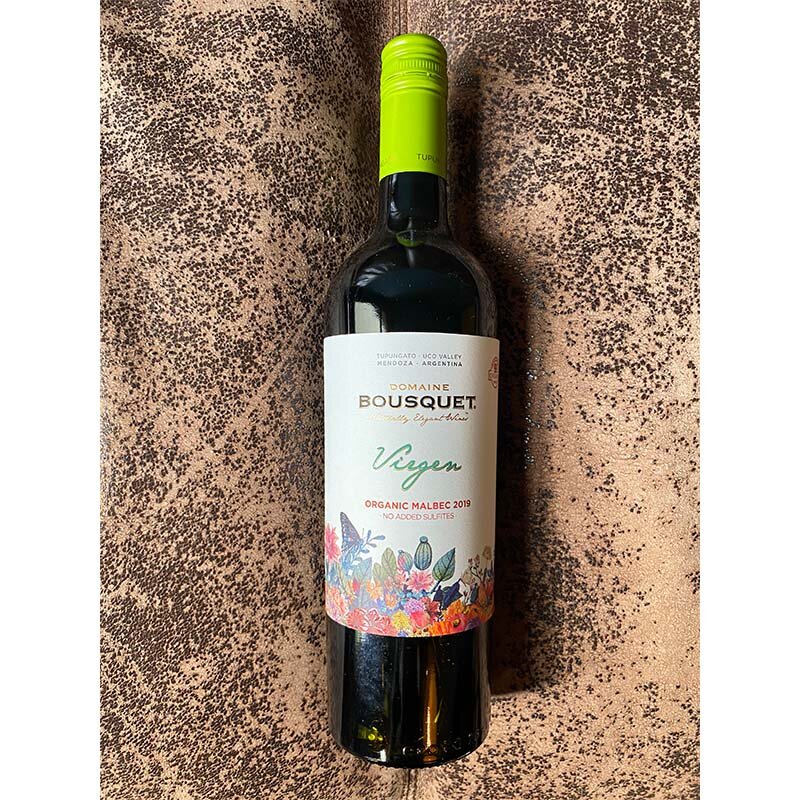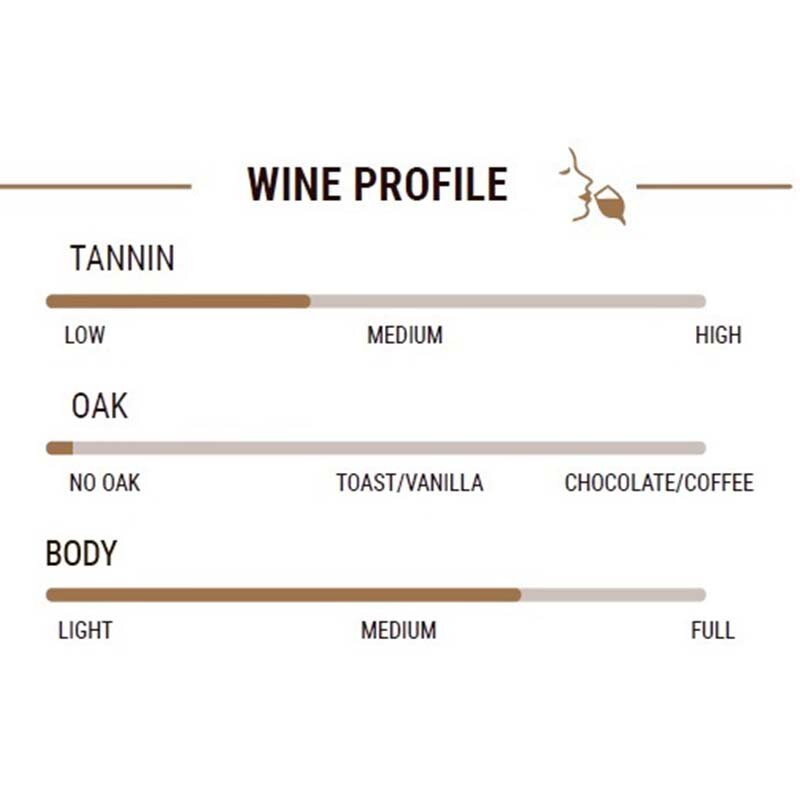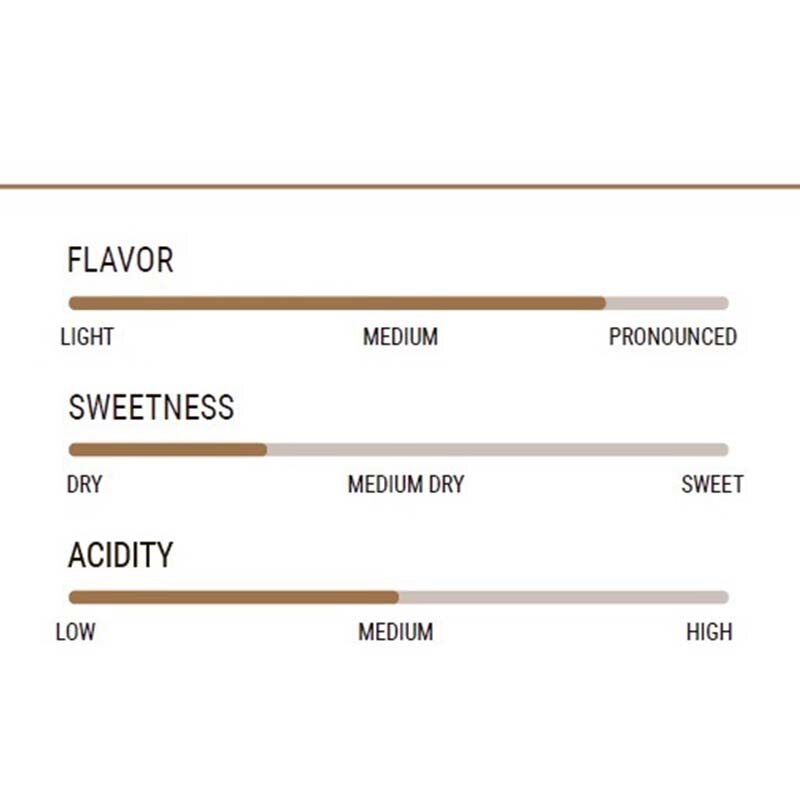Natural wines & the search for transparency of what we drink
Jules Chauvet (French, 1907-1989) is considered the father of the current natural wines movement. He was a rare combination of winemaker, researcher, chemist, and wine taster. During his life, he develop the chemical argumentation and the wine making techniques of natural wines.
The definition of natural wine still generates considerable controversy today and has received much criticism. In France, the French Association of Natural Wines (AVN Naturels - AVN), founded in 2005, has recently released an official definition of natural wines and a process to apply for a certification of “Vin Méthod Nature”. Outside France, there is no legal definition nor certification for natural wines. There is also no unanimity regarding the definition of natural wine either by critics or by producers themselves, with respect to what is an acceptable level of intervention.
Even if there is no official definition globally, people have begun to call Natural Wines to the style of wines that are made with the least possible human intervention and under organic and bio-dynamic cultivation methods. This minor intervention does not only refer to work in the vineyard or to aging methodologies, but also to the production of the wines when indigenous yeasts are used and acidity correction, sugar or clarification are not allowed.
Natural wines also leave out the use of sulfur dioxide, commonly called sulfite, which is a widely used to preserve wine from oxidation during the wine-making process. Regarding the maximum proportion of sulfur per litre that a wine must contain, European legislation contemplates that natural are those wines that have less than 45ppm of sulfur. In the United States, that ratio must be 10ppm to be certified as “USDA Organic with no sulfites added”.
These ways of making wine represents a philosophy of respect for the environment and a pursuit of transparency to better understand what we drink.
Being small productions, there is a lot to discover and be surprised in the natural space. That is what the new generations are looking for and whom wineries wish to attract.
The resulting flavours of these techniques can be wild. Any wine can have fruit as the protagonist, but the idea in naturals is to “find a certain herbal, bitter or earthy element that supports the flavour and takes the wine to a higher level”, says journalist Alice Feiring, author of the book, Natural Wines.
Although it is supposed to represent approximately 2% of the world market, the appearance of natural wines has clearly shaken the wine industry in recent years.
In Argentina the use of the term “natural wine” is not regulated; however, the producers associated with SNOB, (Natural, Organic and Bio-dynamic Organization (in its Spanish abbreviation)), claim that natural wine is made with organic grapes, without adding or removing none of that fruit. In other words, fermented organic grape juice, which results in “the faithful reflection of the soil where the wine is born”.
In the country, several wineries produce organic wines with no sulfites added and low-to-no intervention, such as Ernesto Catena Vineyards, Bodega Krontiras, Chakana Wines, Santa Julia, Domaine Bousquet, Gabriel Dvoskin and Pintom, Lagarde, Catena Zapata and Matías Michelini, among others.
Always following our mission to bring the present of Argentine wine to The Netherlands, we are introducing the Virgin Malbec, from Domaine Bousquet organic winery. This is a 100% Malbec, grown in Tupungato in the Uco Valley, Mendoza ~1,200 m.a.s.l. in the foothills of Andes mountains (check it here).
“Virgin” because there is no added sulfur dioxide and classifies under USDA. This is an exciting new natural wine from winemaker Rodrigo Serrano and his team. Bright, concentrated and deeply colored, with sappy bramble and plum fruit. “It’s engagingly fresh and unwooded with appealing acidity and the balance that’s typical of the Domaine Bousquet style”, says Tim Atkin in his Argentine Wine report 2020 (more about it here).
We hope you enjoy it and that this is the first of more Argentine natural wines to follow!
Cheers!




